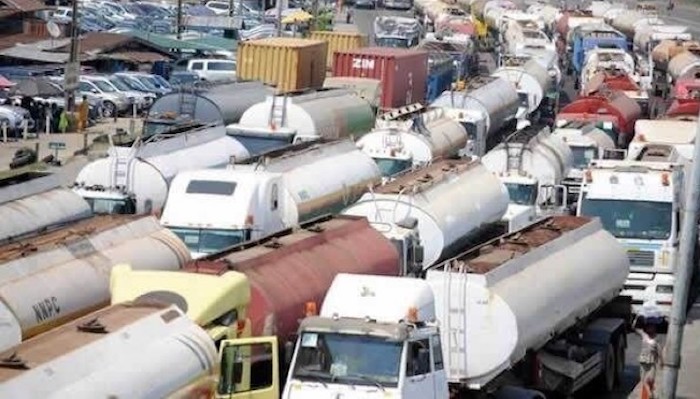The Nigerian petroleum market is in a state of flux as independent marketers explore avenues to secure cheaper petrol and remain competitive in the face of price volatility introduced by the Dangote Petroleum Refinery. Marketers are expressing concerns over the fluctuating prices from Dangote and are seeking alternative supply sources, primarily through negotiations with international traders for petrol imports. They argue that the current pricing dynamics, characterized by repeated price adjustments by Dangote, make it difficult for them to operate profitably. The goal is to secure petrol at lower prices than those offered by Dangote and hope for a resumption of refining activities by the Nigerian National Petroleum Company Limited (NNPC) to further stabilize the market.
Independent marketers, represented by the Petroleum Products Retail Outlet Owners Association of Nigeria (PETROAN), are actively negotiating with international traders to import petrol at significantly lower prices, potentially as low as N550 per litre. These negotiations aim to bypass the current price fluctuations attributed to Dangote’s pricing strategy. PETROAN emphasizes that such arrangements are crucial for their survival, as the fluctuating prices are causing financial strain and leading to the closure of numerous filling stations. They are also exploring the possibility of conducting transactions in Naira rather than dollars to further reduce costs. The feasibility of Naira transactions hinges on the negotiating power of a large collective like PETROAN and their ability to secure favorable terms with international traders.
The core issue for marketers revolves around the price volatility emanating from Dangote refinery. While acknowledging Dangote’s role in alleviating fuel scarcity, marketers argue that the refinery’s pricing strategy is disruptive and unpredictable. They highlight the frequent price adjustments, both upwards and downwards, which make it challenging to plan and manage their businesses effectively. This uncertainty surrounding pricing erodes profit margins and hinders their ability to operate sustainably. The rapid price fluctuations, they argue, make it difficult to calculate risks and manage investments, creating an unstable business environment.
The Independent Petroleum Marketers Association of Nigeria (IPMAN) echoes these concerns, emphasizing the need for more competitive pricing. They point out that imported petrol, despite incurring additional costs like shipping and taxes, is sometimes priced similarly to Dangote’s product. This raises questions about the competitiveness of Dangote’s pricing, especially considering the cost advantages of domestic refining. IPMAN advocates for a genuine price war within a deregulated market, which they believe is currently being stifled by the lack of competition and the non-operational state of government refineries.
IPMAN further argues that the non-functional state of government refineries has effectively granted Dangote a monopoly, giving him significant control over the market price. They believe that if the NNPC refineries were operational and producing petrol at competitive prices, it would force Dangote to lower his prices and create a more balanced market. The absence of this competition, they contend, creates an artificial market where prices are not subject to the forces of supply and demand.
The Dangote refinery, however, disputes claims of monopolistic practices. They maintain that their direct fuel supply to filling stations is aimed at lowering prices for consumers, creating jobs, and combating inflation. They argue that their large-scale operations and efficient production capabilities enable them to offer competitive prices, benefitting both consumers and the broader economy. This contrasting perspective highlights the ongoing debate surrounding the impact of Dangote’s entry into the downstream sector and its implications for market dynamics and competition. The contrasting viewpoints of the independent marketers and Dangote refinery underscore the complex interplay of factors shaping the Nigerian petroleum market. The issues of pricing, competition, and the role of government refineries remain central to the ongoing discussions about the future of the downstream sector.


